The Department of Computer Science and Engineering (CSE) was established in the year 1996 along with the inception of the college. The primary objective of this department is to provide a high quality computer science education to the students across all economic strata. The department offers an undergraduate degree program B.E(CSE) and a postgraduate degree program M.E(CSE). The undergraduate program B.E (CSE) has been accredited by NBA in 2022 for three years. The department has state-of-the-art laboratory facilities, Wi-Fi enabled class rooms and overhead projectors to facilitate e- Learning, a well-equipped seminar hall and a department library.
Our Department has produced hundreds of professionals and has established a name for itself in the country and abroad. Technology, teaching, training are the pillars of our department, importing the latest technical knowledge to the students and cultivation, nurturing the same in the right way will make our students competent in the competitive world.
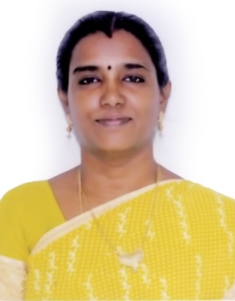
The Department of Computer Science and Engineering at A.V.C. College of Engineering is committed to nurturing innovative thinkers, problem solvers, and future-ready professionals. Since its inception, the department has strived to provide a strong foundation in computing principles while keeping pace with emerging technologies and industry practices.
Our vision is to empower students with knowledge, skills, and values that enable them to excel in academics, research, and professional careers. With a team of dedicated faculty members, state-of-the-art laboratories, and a student-centric learning environment, we encourage creativity, collaboration, and continuous learning.
We also emphasize holistic development by engaging students in research projects, industry interactions, coding competitions, hackathons, and community outreach activities. The alumni of our department are successfully contributing to top organizations worldwide, which stands as a testimony to our commitment to excellence.
As the Head of the Department, I warmly invite you to explore our programs, activities, and achievements. Together, let us continue to build a future where technology serves humanity and innovation drives progress.
Professor/Head
VISION
To achieve excellence in Computer Science and Engineering through technological innovations, research and developing professionals with societal and Ethical Values.
MISSION
● To impart high quality technical education to the rural based students through creative teaching learning methods and ICT tools.
● To develop a skilled workforce to bridge the gap between academia and industry through regular industry institute interaction.
● To foster research and collaboration in addressing societal and technological challenges through Hackathons and Technical competitions.
● To shape the students in to socially and ethically responsible professionals by extension activities with social responsibilities.
| Name | Qualification | Designation |
|---|---|---|

|
M.E., Ph.D. | Professor & Head |
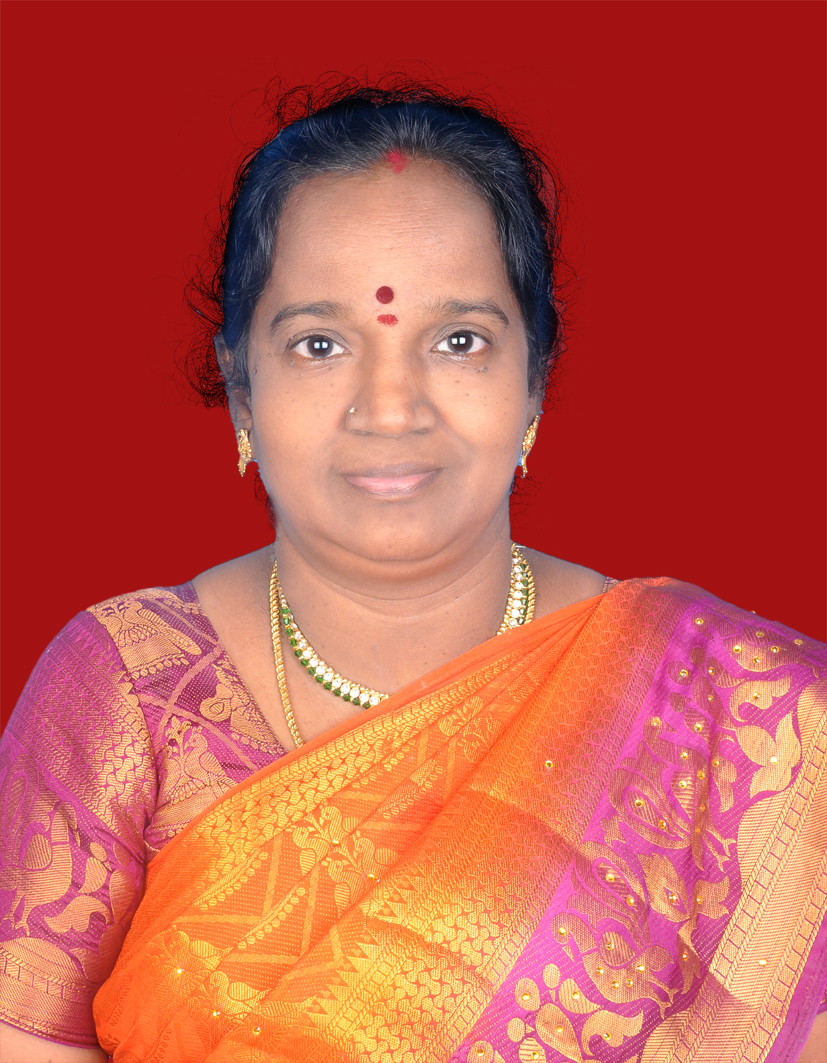
|
M.E., Ph.D. | Professor |
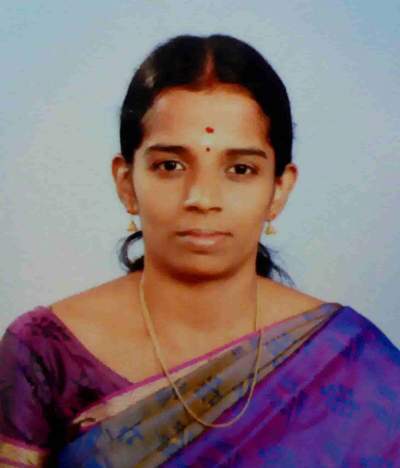
|
M.E., Ph.D. | Associate Professor |
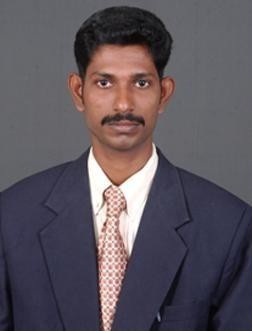
|
M.Tech. | Assistant Professor |
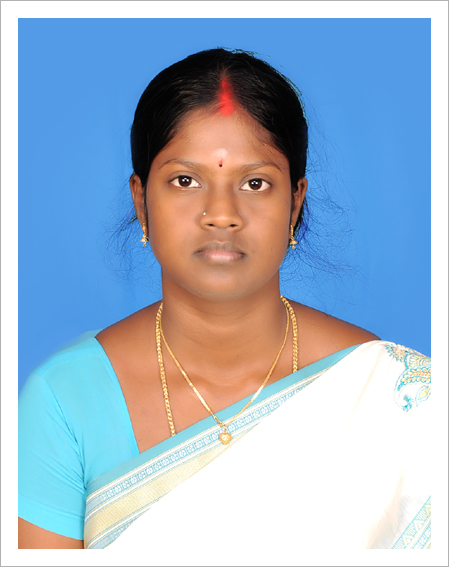
|
M.E. | Assistant Professor |

|
M.E. | Assistant Professor |
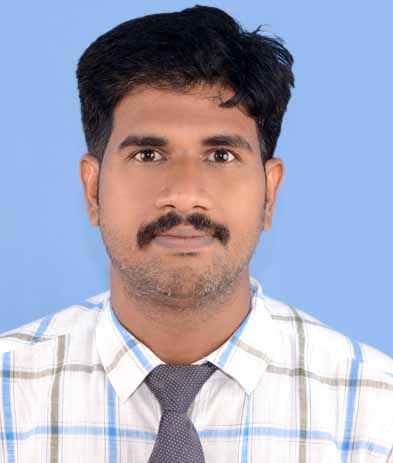
|
M.E. | Assistant Professor |
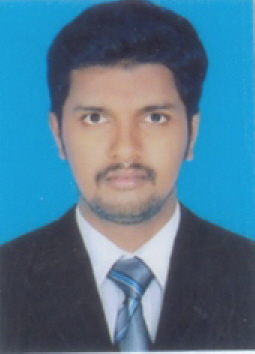
|
M.E., (Ph.D.) | Assistant Professor |

|
M.E. | Assistant Professor |
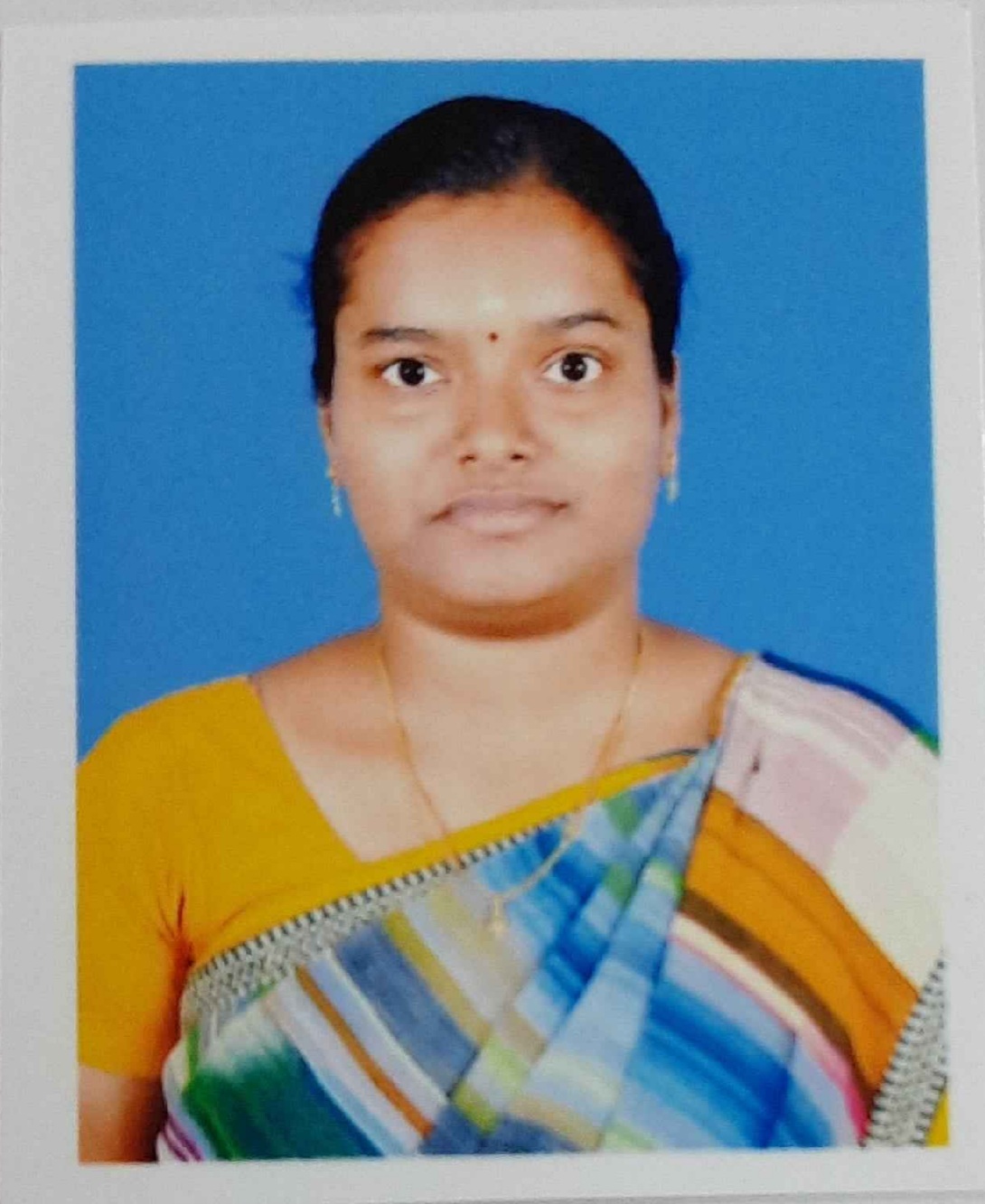
|
M.E. | Assistant Professor |
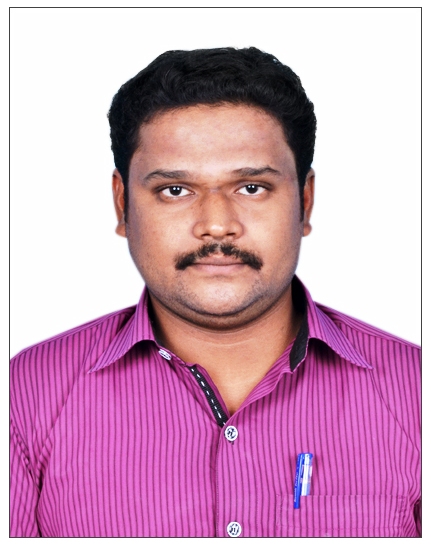
|
M.E., (Ph.D.) | Assistant Professor |

|
M.E. | Assistant Professor |
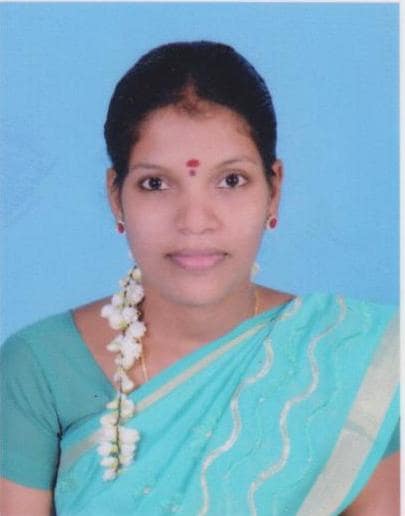
|
M.E. | Assistant Professor |
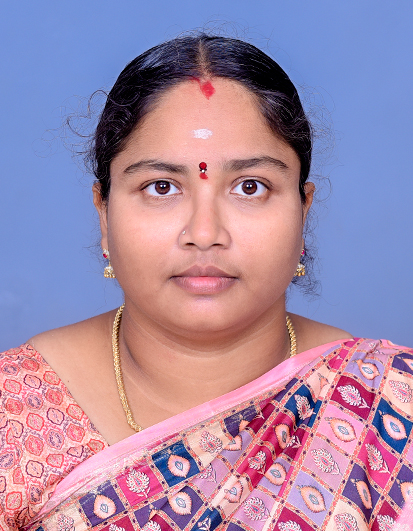
|
B.Tech., M.E. | Assistant Professor |
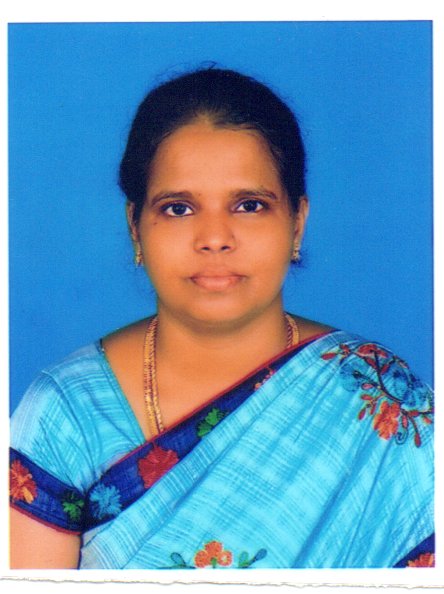
|
B.E., M.E. | Assistant Professor |

|
B.E., M.E., (Ph.D.)., | Assistant Professor |

|
B.Tech., M.E., | Assistant Professor |

|
B.E., M.E., | Assistant Professor |
| Name | Qualification | Designation |
|---|---|---|

|
D.C.A. | Technical Assistant |

|
B.E. | Technical Assistant |

|
I.T.I. | Lab Assistant |

|
I.T.I. | Office Assistant |
Programme Educational Objectives (PEOs)
PEO1: Apply their technical competence in computer science to solve real world problems, with technical and people leadership.
PEO2: Conduct cutting edge research and develop solutions on problems of social relevance.
PEO3: Work in a business environment, exhibiting team skills, work ethics, adaptability and lifelong learning.
Programme Outcomes(POs)
1. Engineering knowledge: Apply the knowledge of mathematics, science, engineering fundamentals and an engineering specialization to the solution of complex engineering problems.
2. Problem analysis: Identify, formulate, review research literature, and analyze complex engineering problems reaching substantiated conclusions using first principles of mathematics, natural sciences, and engineering sciences.
3.Design / development of solutions: Design solutions for complex engineering problems and design system components or processes that meet the specified needs with appropriate consideration for the public health and safety, and the cultural, societal, and environmental considerations.
4.Conduct investigations of complex problems: Use research-based knowledge and research methods including design of experiments, analysis and interpretation of data, and synthesis of the information to provide valid conclusions.
5. Modern tool usage: Create, select, and apply appropriate techniques, resources, and modern engineering and IT tools including prediction and modeling to complex engineering activities with an understanding of the limitations.
6. The engineer and society: Apply reasoning informed by the contextual knowledge to assess societal, health, safety, legal and cultural issues and the consequent responsibilities relevant to the professional engineering practice.
7. Environment and sustainability: Understand the impact of the professional engineering solutions in societal and environmental contexts, and demonstrate the knowledge of, and need for sustainable development.
8. Ethics: Apply ethical principles and commit to professional ethics and responsibilities and norms of the engineering practice.
9. Individual and team work: Function effectively as an individual, and as a member or leader in diverse teams, and in multidisciplinary settings.
10. Communication: Communicate effectively on complex engineering activities with the engineering community and with society at large, such as, being able to comprehend and write effective reports and design documentation, make effective presentations, and give and receive clear instructions.
11. Project management and finance: Demonstrate knowledge and understanding of the engineering and management principles and apply these to one‘s own work, as a member and leader in a team, to manage projects and in multidisciplinary environments.
12.Life-long learning: Recognize the need for, and have the preparation and ability to engage in independent and life-long learning in the broadest context of technological change.
PROGRAM SPECIFIC OBJECTIVES (PSOs)
PSO1: Exhibit design and programming skills to build and automate business solutions using cutting edge technologies.
PSO2: Strong theoretical foundation leading to excellence and excitement towards research, to provide elegant solutions to complex problems.
PSO3: Ability to work effectively with various engineering fields as a team to design, build and develop system applications.